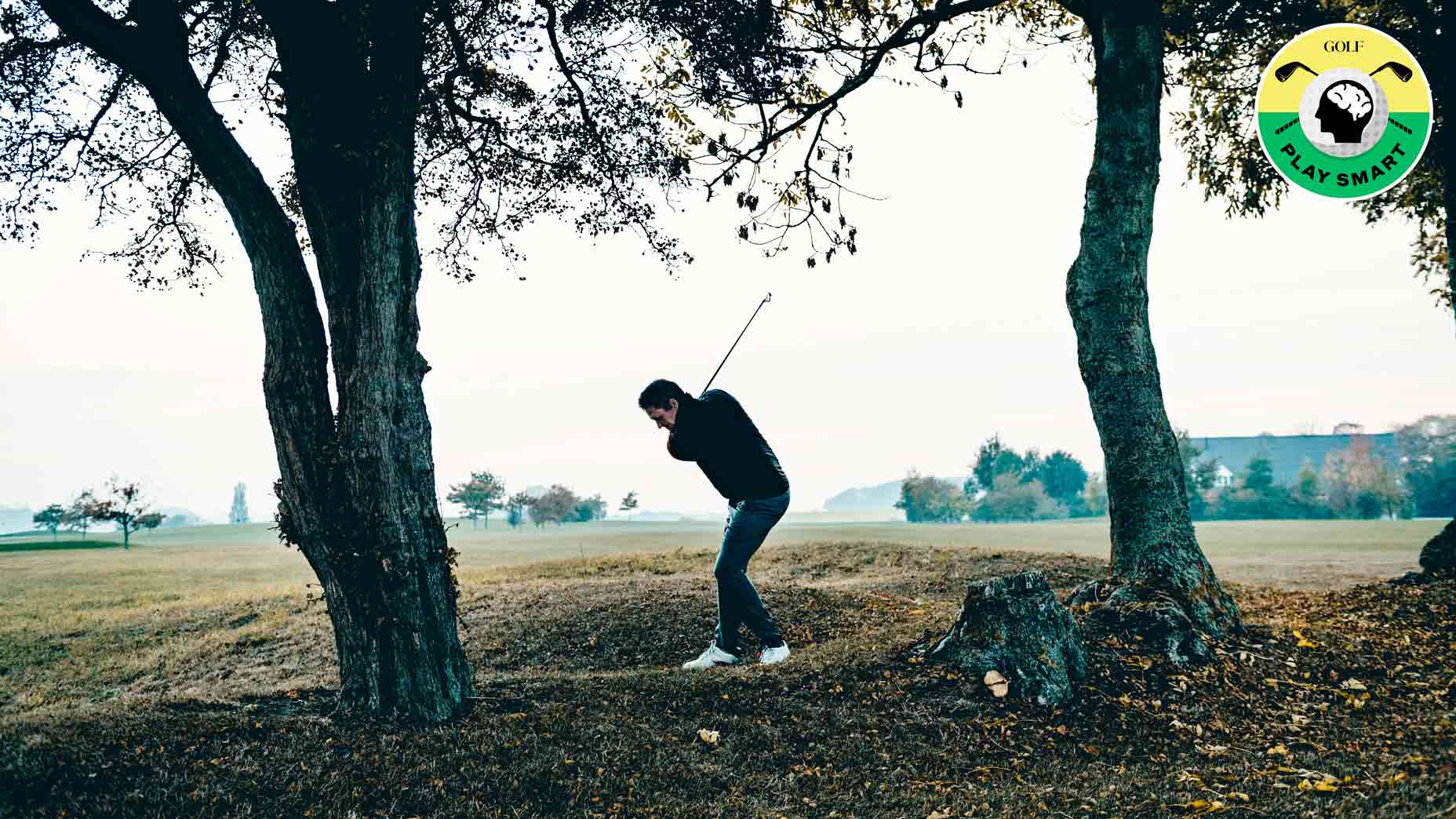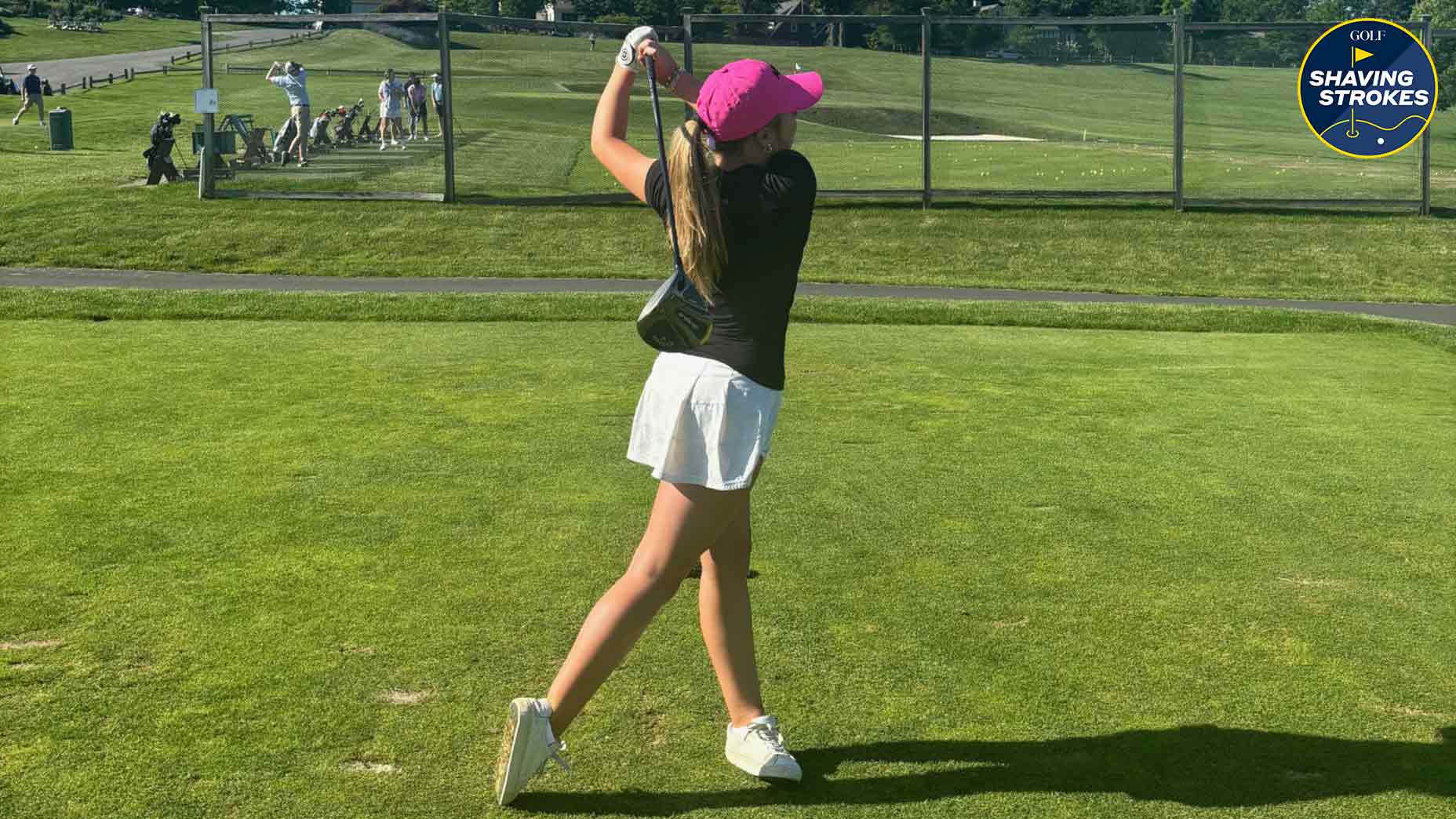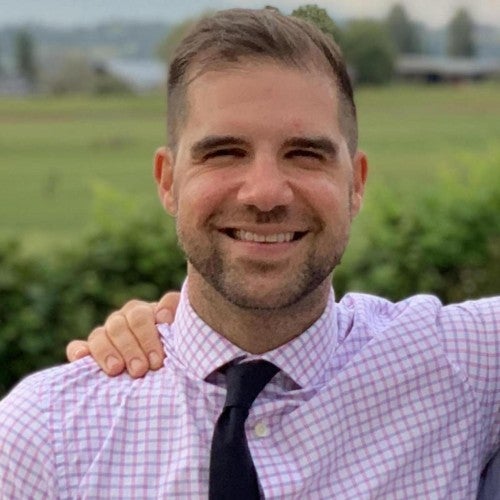Rory McIlroy keeps falling short of the top score. Here are 3 reasons why

What’s holding Rory McIlroy to another major title? A few simple things, according to a senior teacher.
Getty Images
The last time golf fans saw Rory McIlroy, he was leaving the US Open on his private jet after finishing second to Bryson DeChambeau, leaving the field at Pinehurst No. 2 less than an hour after completing his round.
The 35-year-old was understandably frustrated.
After taking a brief lead on the back 9, all McIlroy had to do was make short putts to win his first major title in a decade – and we all know what happened.
This second finish seems to have hit McIlroy more than others, as he left the field at the Travelers Championship last week, and posted on social media explaining his decision to take a break to compete until the Scottish Open in mid-July.
Given all that has been going on in McIlroy’s personal and professional life, the decision to step back and take a breather is probably a good one. But with the Open Championship a month away, will that be enough time to regroup and return to form at Royal Troon?
It’s been 10 years since McIlroy won a major, and while he’s still one of the best golfers in the world, time is running out for him to get over the hump and end his drought during the major events of the golf season.
So what’s holding McIlroy back at these major tournaments? GOLF Teacher-to-Watch Alison Curdt has some ideas – and they’re all touchy (and fixable) problems – so watch below as Curdt explains.
What is causing Rory McIlroy’s steep decline?
McIlroy’s golf swing remains the envy of many, and his enthusiasm is electrifying. Even though he hasn’t won anything big in the last decade, he’s still one of golf’s biggest stars.
While his competitive fire still runs deep, the big meltdown isn’t there…it’s confusing.
As a golf coach and licensed sports psychologist, I’ve seen a few things in McIlroy’s mental game that could prevent him from eventually returning to the top of the leaderboard at a major tournament.
The fallacy of focusing on the outcome
We’ve heard it before: Always focus on the process and not the outcome – but what does that really mean?
In sports psychology, research shows that peak performance improves when the golfer focuses on the process, or actions and steps, to achieve the goal. This could be committing to photography, engaging in pre-shouting, timing, or seeing yourself in a situation.
Focusing on the result – such as winning, the next big win, making the cut, or shooting certain points – only increases the current stress level, increases anxiety and cortisol levels (stress hormones), and thus increases the heart rate. and muscle stiffness. Doing this also takes the golfer out of the moment, which can change the ability to stay in a state of flow.
In McIlroy’s case, redirecting attention to the end result may diminish his ability to focus on the task at hand — like sinking a three-foot putt to take the lead at the US Open.
The weight of expectation
McIlroy won his first ever title at the 2011 US Open, cementing his status as a future professional. Over the next three years, he was able to maintain that distinction.
But since then, everything was quiet in his mind. Are early expectations a crime?
The pressure to perform, especially in the majors, can be overwhelming. For McIlroy, this burden may seem like a subconscious obstacle.
The psychological strain of living up to personal and societal expectations can shift focus, disrupt processes, and create doubt – especially in the high-profile environment of a major tournament. He may also be guilty of this, as he has created a story in the media that his only focus is to win the big one, which becomes a heavy burden every time he doesn’t achieve that goal.
The complexity of self-esteem
Confidence is a fragile and fickle thing. For McIlroy, periods of waning confidence could be a key factor.
Unsteady, result-driven confidence can be easily shattered by a bad round or a crucial missed putt – as we saw with the 16th and 18th holes at the US Open. This ebb and flow of the mind can create an unstable state of mind, leading to the abnormal performance we sometimes see.
Rebuilding self-confidence, especially in the case of advanced degrees, requires strong mental toughness and, often, external support from coaches and sports psychologists.
One way McIlroy can try to relieve himself of the self-imposed pressure of winning another major is to ignore the narrative he has created. While he doesn’t have the personality of DeChambeau – who seems to have found his voice on social media, presenting an authentic version of himself – this kind of thinking could serve McIlroy well.
Is there anything more important in McIlroy’s future? I personally believe there is. But it will require him to change his mindset from being results-oriented – no easy task for elite athletes like him.
TaylorMade Qi10 Max Custom Driver
$599.99
The higher the inertia the more forgiving the driver. Introducing the Qi10 Max driver, enjoy the speed of TaylorMade with the forgiveness of 10K inertia. BUILT FORGIVENESS AND STABILITY The Qi10 Max has a very shallow head shape from front to back that significantly increases inertia by allowing weight to be placed away from the center of the clubhead. NEW CARBON CROWN The INFINITY Carbon Crown covers 97% of the crown’s total surface area, enabling mass redistribution techniques and improved forgiveness. At address, it delivers a smooth and clean look paired with subtle alignment cues, setting the stage for confidence and success.
buy now
View Product
Source link









